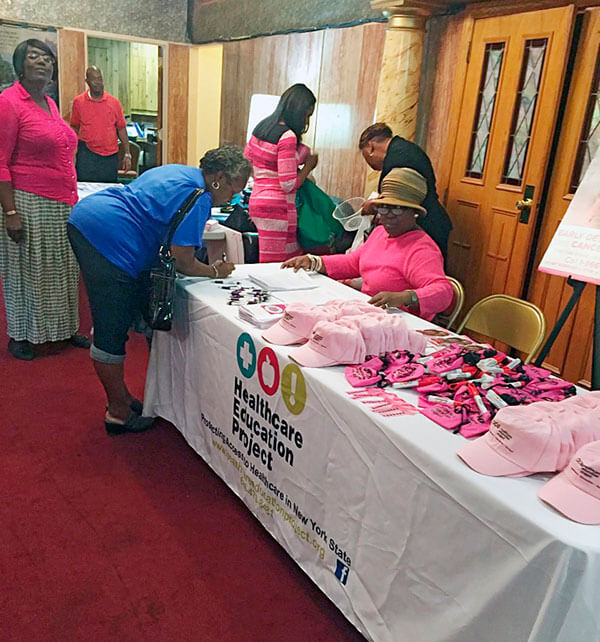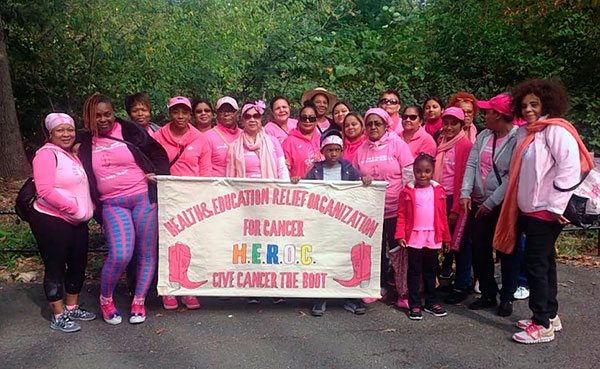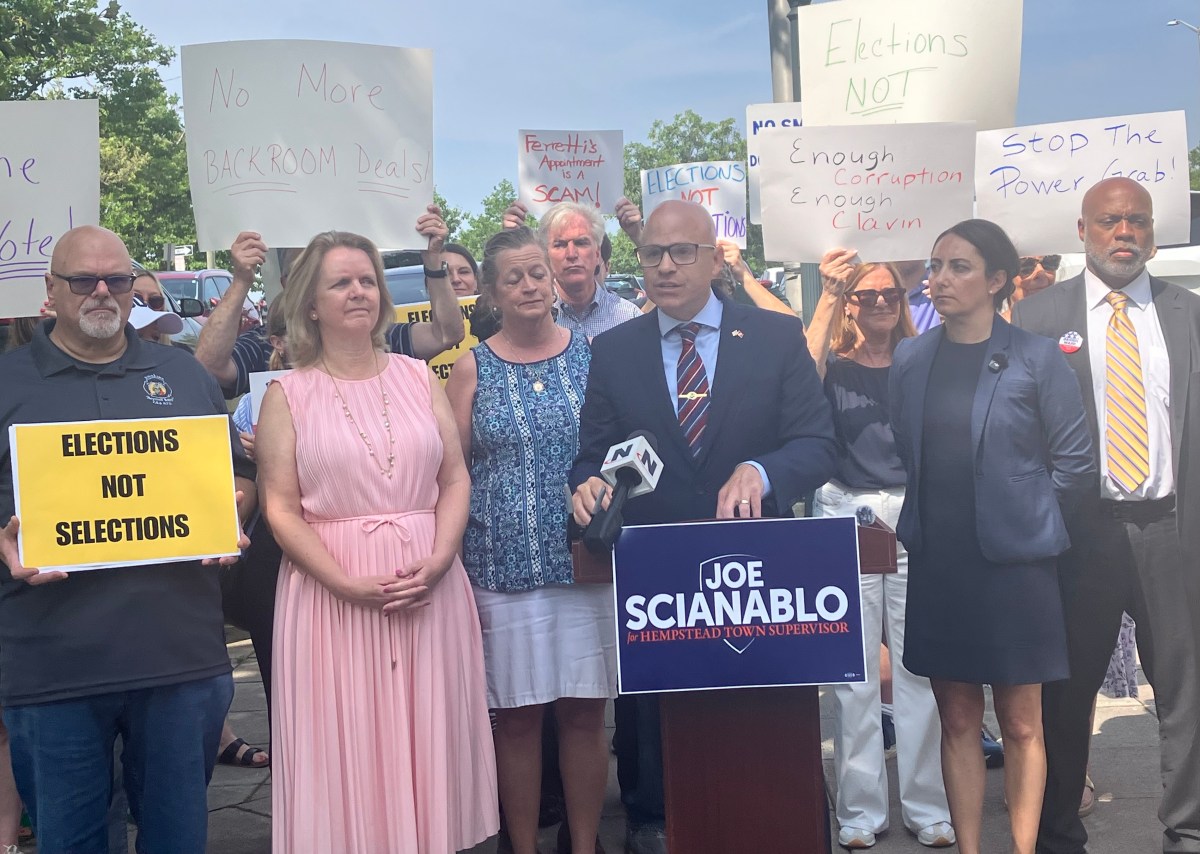A Brooklyn College professor is fighting cancer by awakening the immune system, according to Brooklyn College (BC) News.
It said that Dr. Anjana Saxena, an associate professor in the Biology Department, actively participated in this “game-changing research,” led by New York University (NYU) scientists.
Their findings are published in “Nature and Cancer Discovery,” BC News said.
“Awakening our immune systems to combat cancer is an exponentially growing research field,” Saxena, who has authored or co-authored dozens of articles on cancer research, told BC News.
“[The] tumor microenvironment is often rich in immune-suppressive cells, a characteristic feature of pancreatic adenocarcinoma (PDA),” added Saxena, who teaches a course she developed called Cancer Biology, and also focuses on microbes and cancer in her other classes. “Weakened immune response is the major obstacle in targeted immunotherapy against PDA.”
BC News said Saxena, who pursued undergraduate and doctoral studies at the University of Mumbai, India, collaborated with researchers at NYU “and found a promising solution to the weakening of the immune system as a result of cancer.”
“We found earlier that bacteria reaching the pancreas are the culprit,” Saxena said. “It not only debilitates the immune system’s fight against cancer but also speeds up its progression.
“We now report in ‘Nature’ that fungi (mycobiome) coming from gut can also be deposited in pancreas to aggravate pancreatic cancer,” she added.
To find a solution, BC News said the researchers used a mouse model to show that when a combination of antibiotics reduce either bacterial or fungal loads in cancerous pancreas, the immune system is “kind of rebooted in the right direction” to provide protection against PDA invasion (metastasis/progression).”
Although not yet close to a cure, BC News said these discoveries are remarkably positive steps in the quest to contain this disease.
“Identifying unique microbial (both microbiome and mycobiome) signatures for pancreatic patients has great potential for a selective antibiotic regimen for this deadly cancer,” Saxena said.


























